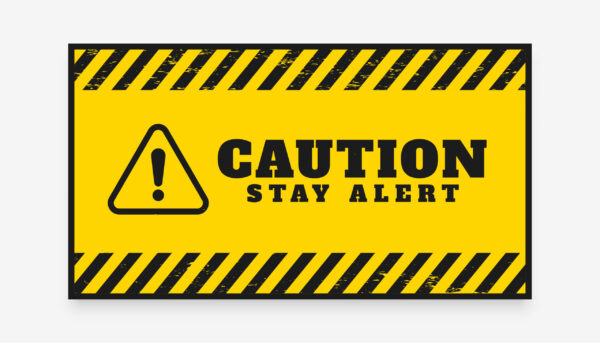Q & A with Santé’s Medical Director, Melissa Pennington, D.O.+
WHAT ARE THE STATISTICS FOR SUBSTANCE ABUSE?
22.5 million people (8.5% of the U.S. population) aged 12 or older needed treatment for an illicit drug or alcohol use problem in 2014, according to the Substance Abuse and Mental Health Services’ (SAMHSA) National Survey on Drug Use and Health. Substance abuse often leads to dependency or addiction. Addiction is a disease requiring professional help to heal and begin long-term recovery. Living in active addiction has medical, physical, relational, financial, legal, emotional, and even generational ramifications. Substance abuse treatment can help people get sober and learn life-long coping skills to prevent relapse.
What are the signs of substance abuse?
For those who have a loved one struggling with drug or alcohol abuse, it is important to know the signs of substance abuse problems and how to best help the person in need. Here is a list of signs that someone might be struggling with addiction, and while some might be more internal, there are many that can be seen by others1:
- Appearing intoxicated more and more often
- Developing problems with cognition and memory
- Being lethargic, sleeping more, sleeping irregular hours, or appearing unwell or tired
- Rapid weight loss or gain
- Developing problems at work or school (losing a job or dropping out)
- Attending social events only if drugs or alcohol are available; becoming intoxicated before the social event; or attending fewer social events
- Stealing money or valuables to pay for drugs
- Lying about the substance or how much they are using
- Becoming sad, angry, or lashing out when questioned about their substance use
- Experiencing withdrawal symptoms when they are unable to take the drug
- Neglected appearance and poor hygiene
What questions should I ask when someone is showing signs of substance abuse?
When someone is showing the above signs of addiction, here is a list of questions to consider when determining if it’s time to ask for help:
- Have you tried to stop before on their own and been unable to?
- Are you having withdrawal symptoms when you don’t drink/use?
- Have you tried a lower level of care and relapsed?
- Is your use affecting your ability to function in relationships, work, school, etc.?
- Are you continuing to drink/use despite consequences?
Noticing these warning signs and taking action can be the first step to helping someone struggling with addiction get their life back on track.
WHY SANTÉ FOR THOSE WHO SUFFER FROM ADDICTION?
Santé Center for Healing provides integrity-driven, evidence-based, and personalized long-term recovery customized for those suffering from substance use disorders, mental health, trauma, problematic sexual behavior, disordered eating and other compulsive behaviors. Founded in 1996, Santé’s mission is to provide long-term recovery because left untreated, addiction is a fatal disease. Photo: Designed by @starline on Freepik For More on Social Media:
Sources
-
Mayo Clinic. Drug addiction (substance use disorder). Retrieved from https://www.mayoclinic.org/diseases-conditions/drug-addiction/symptoms-causes/syc-20365112






